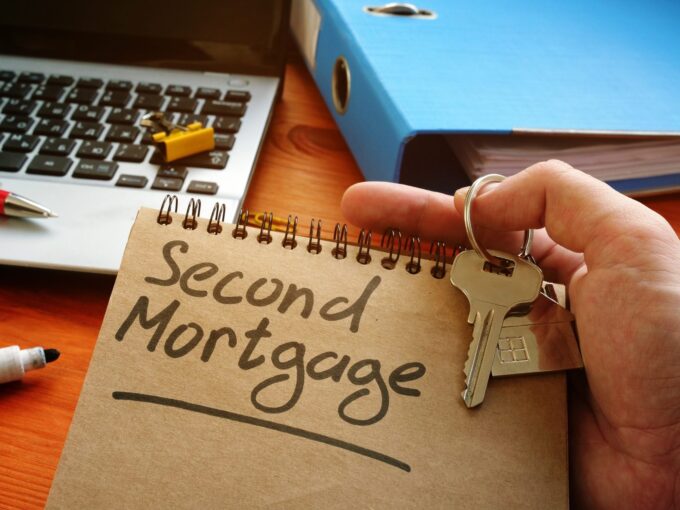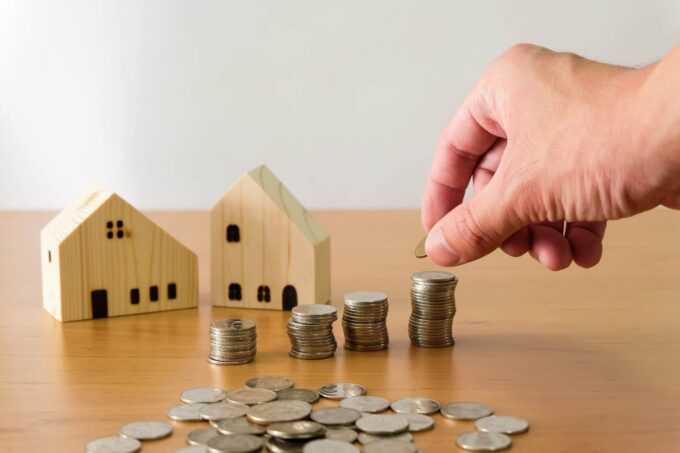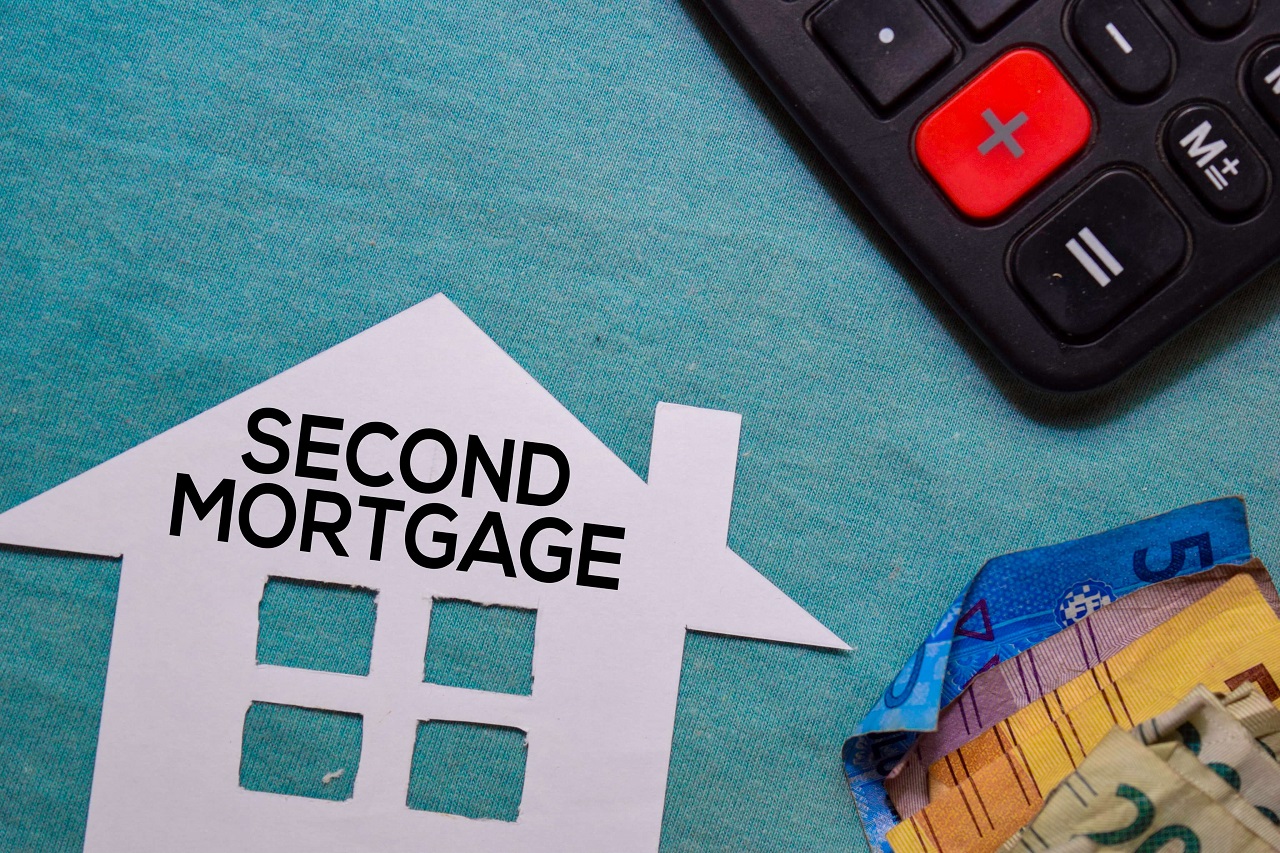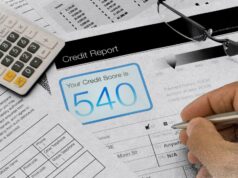A second mortgage is a type of home equity loan that allows you to access the equity in your home as collateral for a loan. They are typically taken out after the borrower has already established the first loan with a lender. There are a few things you should know before considering a second mortgage, such as when it makes sense to take one out and what kind of interest rates you can expect. This blog post will cover all of that and more so that you can make an informed decision.
1. What is a second mortgage?

It is a loan that uses your home as collateral. Your home is an asset, and like any other asset, it can be used as collateral for a loan. If you have equity in your home, you may be able to get a second mortgage.
It can be a good way to access equity in your home. However, there are some risks. First, if you default on the loan, the lender can foreclose on your home. Second, a second mortgage will likely have a higher interest rate than your first one. You should carefully consider the risks before proceeding with the process of getting another loan.
2. Pros and cons
There are a few things to take into account before taking out a second mortgage, such as whether or not you can afford the monthly payments and if you’re comfortable with the idea of putting your home up for collateral. Here are a few pros and cons to help you make your decision:
PROS
-You may be able to get a lower interest rate than with other types of loans.
-A second mortgage can be used for anything you want, including home improvements, consolidating debt, or paying for college tuition.
-You may be able to deduct the interest you pay on your taxes.
-You will still build equity in your home as you make payments on the loan.
CONS
-If you fall behind on your payments, you could lose your home to foreclosure.
-Second mortgages often have higher interest rates than the first ones.
-You may have to pay private mortgage insurance (PMI) if you put down less than 20% when you got your first mortgage.
3. How to decide if a second mortgage is right for you

A few things must be taken into consideration before deciding if a second mortgage is right for you. Your current financial situation, as well as your long-term goals, are important factors to think about.
If you’re currently struggling to make ends meet or are falling behind on your mortgage payments, a second mortgage may not be the best option. Taking out another loan will just add to your debt and put you in an even worse financial position.
However, if you’re in a good place financially and just need some extra cash for a home improvement project or other large expenses, a second mortgage could be a smart choice. Just be sure to weigh all your options and consider the risks before making any decisions.
4. The process of getting a second mortgage
The process of getting a second mortgage is similar to the process of getting your first one. You’ll need to complete an application and provide documentation about your income, debts, and assets. Your lender will also order a property appraisal to determine the value of your home and calculate how much equity you have available. Once approved, you’ll sign loan documents and close on the loan. If you find all that overwhelming, hire professionals like MCAP.
5. Alternatives to taking out a second mortgage

There are a few alternatives to taking out a second mortgage that may be more suitable for your needs and financial situation. These include:
- Home equity line of credit (HELOC): A HELOC is a type of loan that uses your home’s equity as collateral. You can typically borrow up to 85% of your home’s value, and you can choose how you want to use the funds. HELOCs typically have lower interest rates than other types of loans, making them a good option for large projects or consolidating debt.
- Personal loan: A personal loan is an unsecured loan that can be used for anything from consolidating debt to funding a major purchase. Personal loans tend to have higher interest rates than other types of loans, but they can be a good option if you have good credit and don’t want to put your home at risk.
- Cash-out refinance: A cash-out refinance is a type of mortgage refinancing that allows you to take out a new loan for more than you owe on your existing mortgage. This can give you access to extra cash that can be used for anything from home improvements to investing in another property. However, it’s important to note that this option comes with risks – namely, the potential to lose your home if you default on the loan – so it’s not something to enter into lightly.
- 401(k) loan: If you have a 401(k) retirement account, you may be able to take out a loan against it. This can be a good option if you need access to cash but don’t want to put your home at risk. However, it’s important to note that taking out a loan from your 401(k) can have tax implications and may affect your ability to retire comfortably.
- Family or friends: Borrowing money from family or friends can be a good option if you need access to cash but don’t want to put your home at risk. This option can be especially helpful if you have bad credit and wouldn’t qualify for a traditional loan. However, it’s important to note that borrowing money from family or friends can put a strain on relationships, so this option should only be used as a last resort.
Conclusion
There are a few things to keep in mind when considering taking out a second mortgage. First, make sure you understand the terms of the loan and are comfortable with them. Second, be sure you have a good reason for taking out the loan and that it makes financial sense for you. And finally, make sure you shop around and compare offers from different lenders before making a decision. Taking out a second mortgage can be a great way to access extra funds when you need them, but only if it makes sense for your individual situation.









